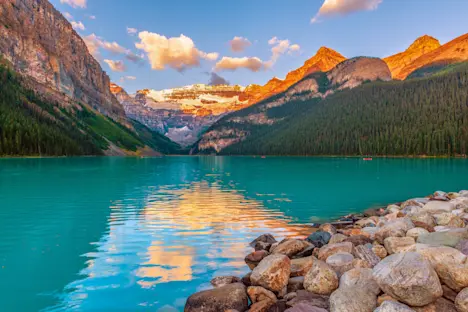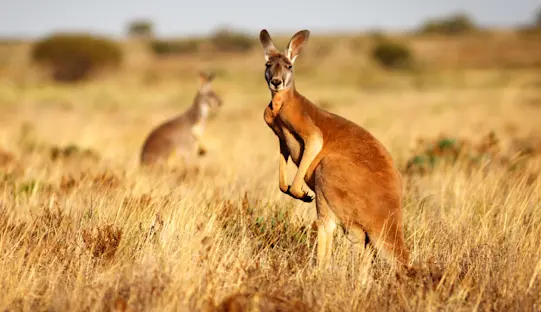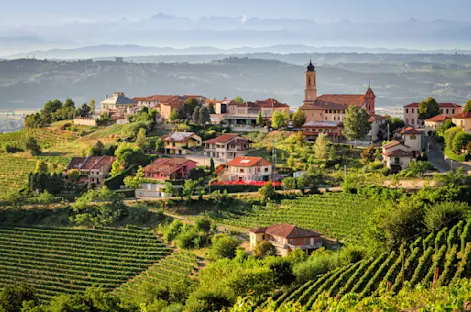
You can’t imagine a nicer group of folks than nature travelers. ©John T. Andrews
You’ve probably read oodles of stories, articles and personal anecdotes on the transformative powers of seeing Churchill’s polar bears. And you’ve most likely read a lot of them here, on Natural Habitat Adventures’ website and in its blog columns.
My own first, real nature trip was a Natural Habitat Adventures group tour to see the polar bears of Churchill in 2002. At that time, I had never been out of the United States, much less traveled with a bunch of people I didn’t know. I was a bit anxious about going alone to a never-before-seen country with strangers. I had the usual worries: would I be the only one without a friend or family member along and therefore be a bit of an outcast; would people want to talk to me if they were there to experience the trip of a lifetime with a loved one; and being exceptionally quiet myself, could I even expect them to approach me—in short, would they be nice?
Nature makes us nicer
I really shouldn’t have worried. According to a new series of studies published last October in the journal Personality and Social Psychology Bulletin, authored by University of Rochester researchers Netta Weinstein, Andrew K. Przybylski and Richard M. Ryan, nature makes us nicer.

Do I detect a smile on the face of this grizzly cub? Could be his environment. ©Candice Gaukel Andrews
In three different experiments, the researchers showed nearly 400 people slides of either natural landscapes—desert canyons, for example—or artificial settings, such as freeways. The study participants were told to look at each image for two minutes. They were encouraged to notice things like colors and textures and to imagine the sounds and smells associated with each environment depicted. Before-and-after questionnaires queried the respondents about the importance of four life-goals: (1) to have deep, enduring relationships, (2) to work toward the betterment of society, (3) to be financially successful and (4) to be admired by many people. The results revealed that the more attention people paid to natural elements, the more they treasured close relationships and community (nos. 1 and 2). Conversely, the more they zeroed in on manmade components, the more selfish their goals became, valuing money and fame more (nos. 3 and 4).
In a fourth study, individuals were given $5 to keep or to pass along to another participant. Those who were immersed in nature slides were more likely to make generous decisions, while those who were shown the non-nature slides were greedier. In a separate test that did not involve nature images, people placed in a plant-filled, lab-type room reported a higher valuing of “intrinsic aspirations” than those put in the room devoid of plants.
Traveling light
Many previous studies have touted the benefits of exposure to nature, from stress reduction to more rapid healing. A recent Dutch study, for instance, found that people who live within 0.6 miles of a wooded area or park experience less anxiety and depression, underlining the need for more green spaces in our cities. But this research appears to be the first to examine the impact of the natural world on people’s inclination to be “nice.”

Nature makes people treasure their relationships more. ©John T. Andrews
If this study had been conducted eight years ago, I might not have worried so much about taking my first nature trip with a group of strangers. Those 13 people—who unlike me were all seasoned travelers—took me in right from the get-go. And their enormous senses of humor made me feel right at home from day one. In fact, we got along so well, that eight years and six trips later, we’re still traveling together into the natural world. And the best thing is, sometimes the smallest event can set us all off laughing—loudly. It starts with one smile, which then travels through the group gathering speed and mass, ending in uproarious merriment.
You can’t imagine a nicer group of folks.
Here’s to finding your true places and natural habitats,
Candy






























